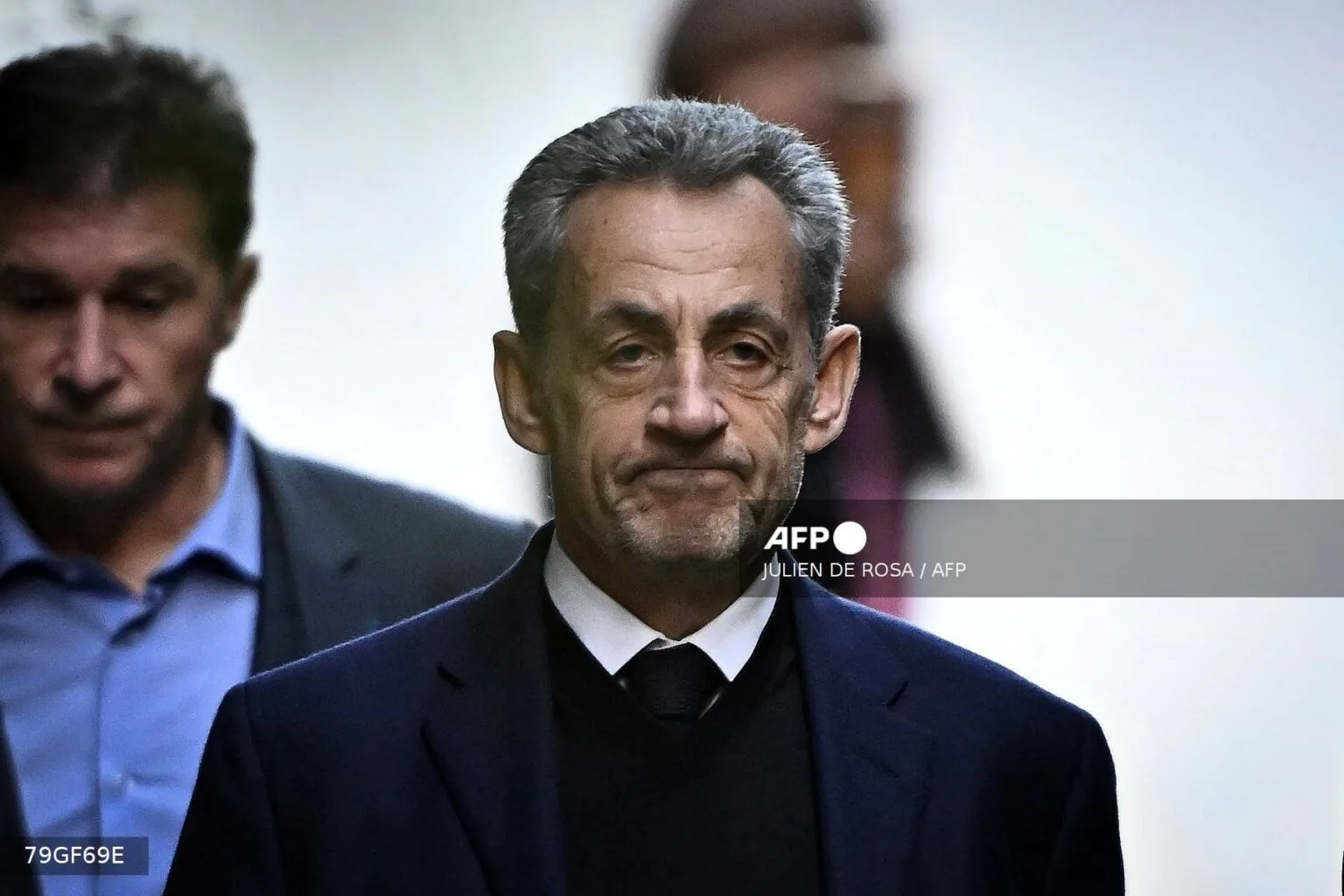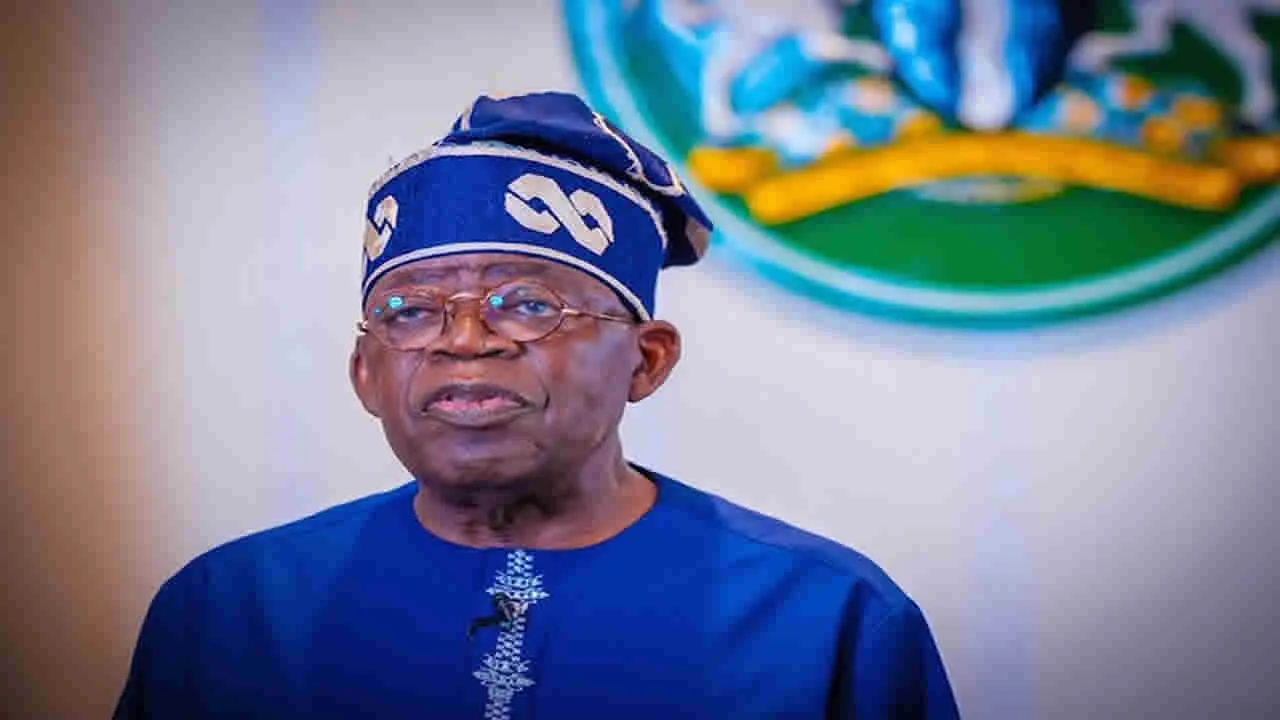Former French President Nicolas Sarkozy has begun serving his prison sentence after being convicted in the long-running “Libya funding” case, marking the first time a French leader has been jailed since World War II collaborator Philippe Pétain.
Sarkozy’s lawyer, Christophe Ingrain, confirmed that a request for his client’s release had been immediately filed, but said the former president is expected to remain behind bars for at least three weeks to a month while awaiting a decision from the Paris appeals court.
“The court has up to two months to decide whether to free him pending appeal, but the delay is usually shorter,” Ingrain said.
Solitary Confinement
According to prison officials, Sarkozy, 70, will be held in a nine-square-metre (95-square-foot) cell in the solitary confinement wing of a Paris prison to ensure his safety. He will be kept apart from other inmates and allowed one hour of solitary exercise daily in a small yard. He will also be permitted three visits per week.
The former president reportedly told Le Figaro newspaper that he plans to spend his time reading a biography of Jesus and “The Count of Monte Cristo,” the classic novel about an innocent man wrongly imprisoned who later seeks revenge.
The ‘Libyan Case’
Sarkozy’s conviction stems from allegations that his 2007 presidential campaign was illegally financed with funds from the regime of late Libyan leader Muammar Gaddafi.
Prosecutors said Sarkozy’s aides struck a deal with Gaddafi in 2005 to secure millions of euros in illicit campaign funding in exchange for helping rehabilitate Libya’s global image after the 1988 Lockerbie bombing and a similar 1989 attack over Niger.
While the court found Sarkozy guilty of criminal conspiracy, it did not conclude that he personally received or used the alleged Libyan funds. He was acquitted of embezzlement of Libyan public funds, passive corruption, and illegal campaign financing.
History of Legal Troubles
Sarkozy has faced multiple legal challenges since leaving office in 2012. Earlier, he was convicted of corruption and influence peddling for attempting to bribe a judge. He served that sentence under house arrest while wearing an electronic ankle tag, which was removed in May.
He also awaits a ruling from France’s top court in another case involving illegal campaign financing during his 2012 re-election bid.
As a result of his earlier conviction, Sarkozy was stripped of France’s highest honour — the Legion of Honour.
Public and Political Reactions
A recent Elabe poll found that six out of ten French citizens view Sarkozy’s prison sentence as “fair.”
Despite his convictions, Sarkozy continues to command loyalty among conservatives. He has maintained occasional contact with President Emmanuel Macron, who hosted him at the Elysée Palace last Friday.
Commenting on the meeting, Macron told reporters, “It was normal, on a human level, for me to receive one of my predecessors in this context.” Sarkozy, who led France from 2007 to 2012, remains one of the most polarising figures in modern French politics — admired by supporters for his tough stance on security and economics, yet criticised by others for his turbulent presidency and persistent legal





